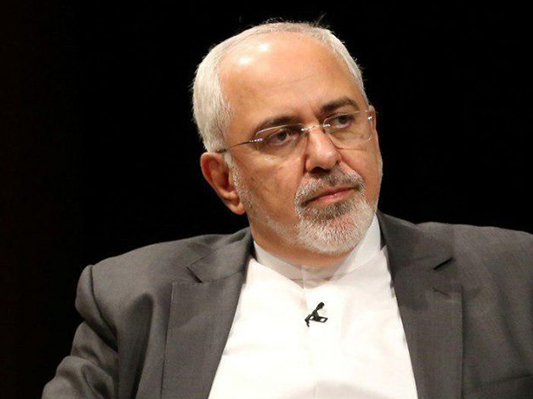Zarif made the remarks in an interview with reporters in New York on Saturday. New York Times says the Iranian top diplomat sounded far more optimistic than he had in recent months that he could peel away America’s traditional allies to break Trump’s effort to cut off Iran’s revenues.
If the arrangement comes to fruition, it would constitute the most open break between US President Donald Trump and European allies that objected vociferously to his decision to pull out of the 2015 nuclear deal.
At the core of the agreement that Iran and Europe are trying to forge is a mechanism for paying for Iran’s oil in barter and local currencies, rather than in American dollars. The idea is to route around the United States and prevent it from blocking financial transfers — and perhaps from identifying those involved in the transactions.
“This is for us to sell our oil and get the proceeds,” Zarif said, noting that under the United Nations resolutions passed once the 2015 agreement was reached, countries have the legal right to trade with Iran.
Zarif further dismissed Trump’s escalating verbal attacks on Iran’s missile sales and its support of Hezbollah, Hamas and the Syrian government of Bashar al-Assad. He laughed when asked whether the United States could bring down the current Iranian government with mounting financial pressure.
Nor did Zarif expect the United States to attack key Iranian facilities, he said.
“If the US believed it would have succeeded in such an attack, it would have done so already,” he said.
Asked about his recent conversations with Kerry, whom Trump and his Secretary of State Mike Pompeo have accused of undermining American foreign policy, Zarif said the messages were simple.
“What he has done is encourage us to stay in the deal,” he said. As for the threats by Trump to investigate Kerry, he said, “I didn’t realize you still had witch hunts going on in the United States” — a nod to one of Trump’s favourite phrases about the Russia investigation.
On the subject of claims by Israeli Prime Minister Benjamin Netanyahu that Iran had hidden nuclear-related components in a warehouse in Tehran, Zarif said he believed that it was a cleaning facility for Persian rugs. But he would not commit to letting inspectors from the International Atomic Energy Agency visit.
